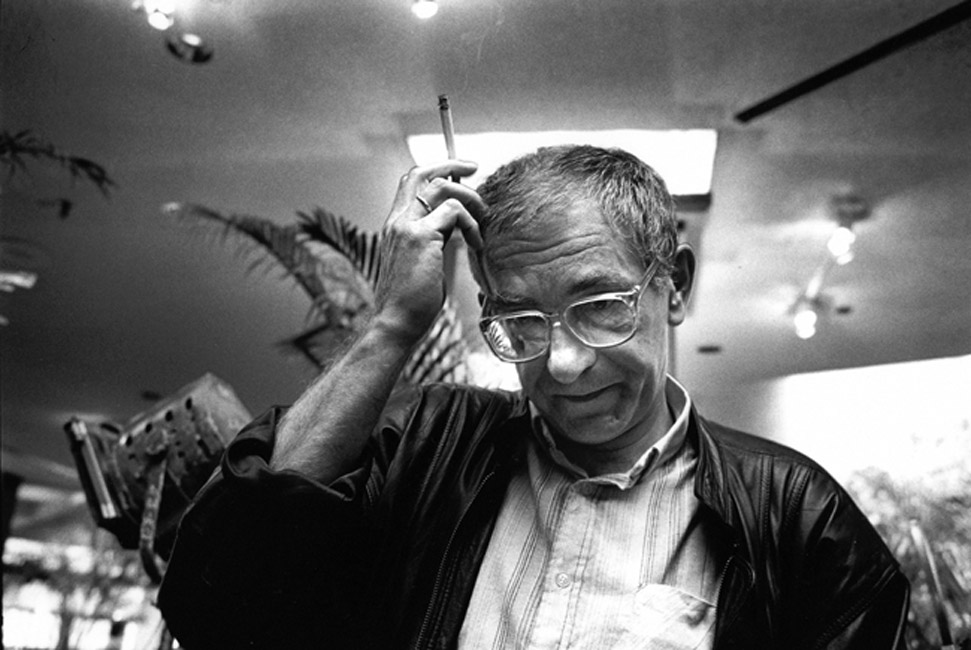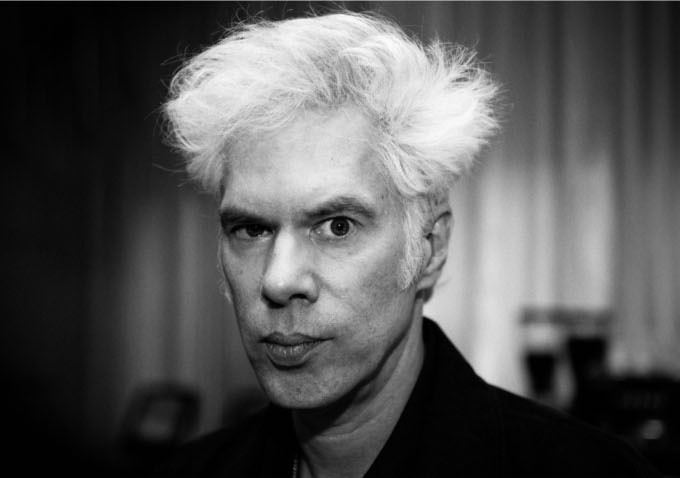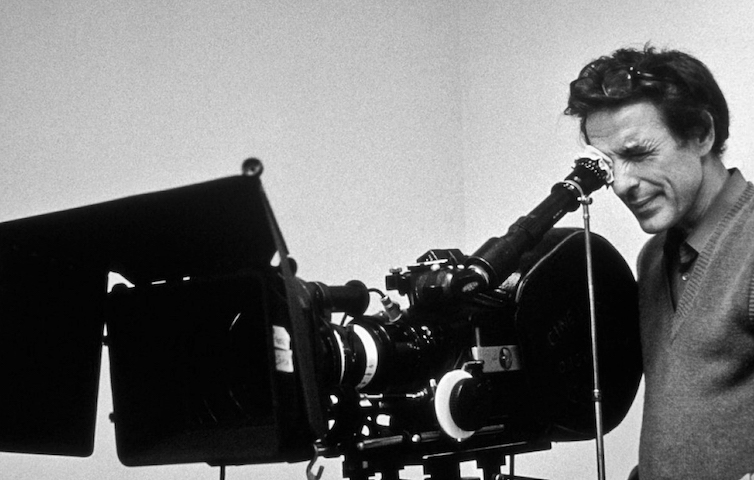In the 1993 French classic movie Three Colors: Blue, part of a trilogy consisted of two more movies Three Colors: White and Three Colors: Red, directed by acclaimed Polish auteur Krzysztof Kieslowski, there is a beautiful scene unfolding in a coffee shop. Julie, who lost her musician husband and daughter in a tragic car accident, rejects love and company offered by a man she once loved, with melancholic music played by an unknown street musician flowing through the scene all the way. The crux of the scene is a sudden close up, in which Julie dips a sugar cube and it turns brown in 5 seconds sucking the coffee. She then drops the sugar cube into the coffee cup, spilling a little over the table.
In this video conversation, Kieslowski elaborately explains the construction of the sugar cube soaking moment in the movie. Grown as a suffering and helpless kid in the Communist Poland after World War 2, Kieslowski always stuck onto his childhood motto, “there was more to life than material things which you can touch or buy in shops.” No wonder his movies emerged as the most abstract portraits of incapacitated individuals struggling with communist propaganda, biblical forces, and radical politics in Poland during the 60s.
The trilogy, Three Colors, which was his last work, is considered as his masterpiece by many critics and the master exclusively deconstruct the above-mentioned sugar cube scene for film students in this conversation. Kieslowski hints at his obsession for close ups and points that, only close-ups are capable of showing little, but very important things in one’s personal world. Those unexpected and short close-ups also mean that the rest of the world doesn’t matter to the protagonist.
According to Kieslowski, the simple gesture of Julie shown in a sudden close up, dipping of a sugar cube in the coffee cup indicates that she doesn’t care about the man’s offer and the music flowing around also fails to make an impact on her as she tries to ignore it because that reminds the husband she lost. Kieslowski also shares an interesting behind the scene incident of his assistant director shed a lot of sweat to find a perfect sugar cube that soaks exactly in 5 seconds, as the director believed more than 5 seconds of such a shot would be too much for the audience.
The short scene and Kieslowski’s description exemplify his filmmaking approach and vision. Being a filmmaker known for human-centric and complex emotional movies, he always believed that different men, at different moments, at different places, with a different social status, can assemble the same notes in the same way, and is a sign what unites mankind. Kieslowski cemented that idea trough his characteristic visual language and etched his name in the history of world cinema through a career spanning 14 path-breaking movies and numerous documentaries.
Written By- Ragesh Dipu
Image Courtesy- www.cinematheia.com




